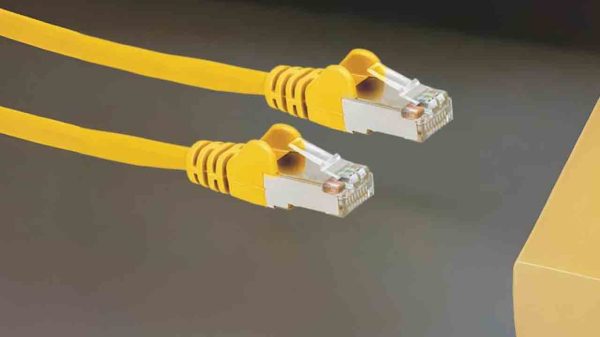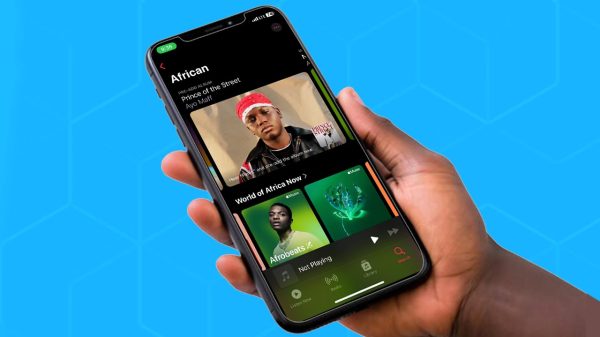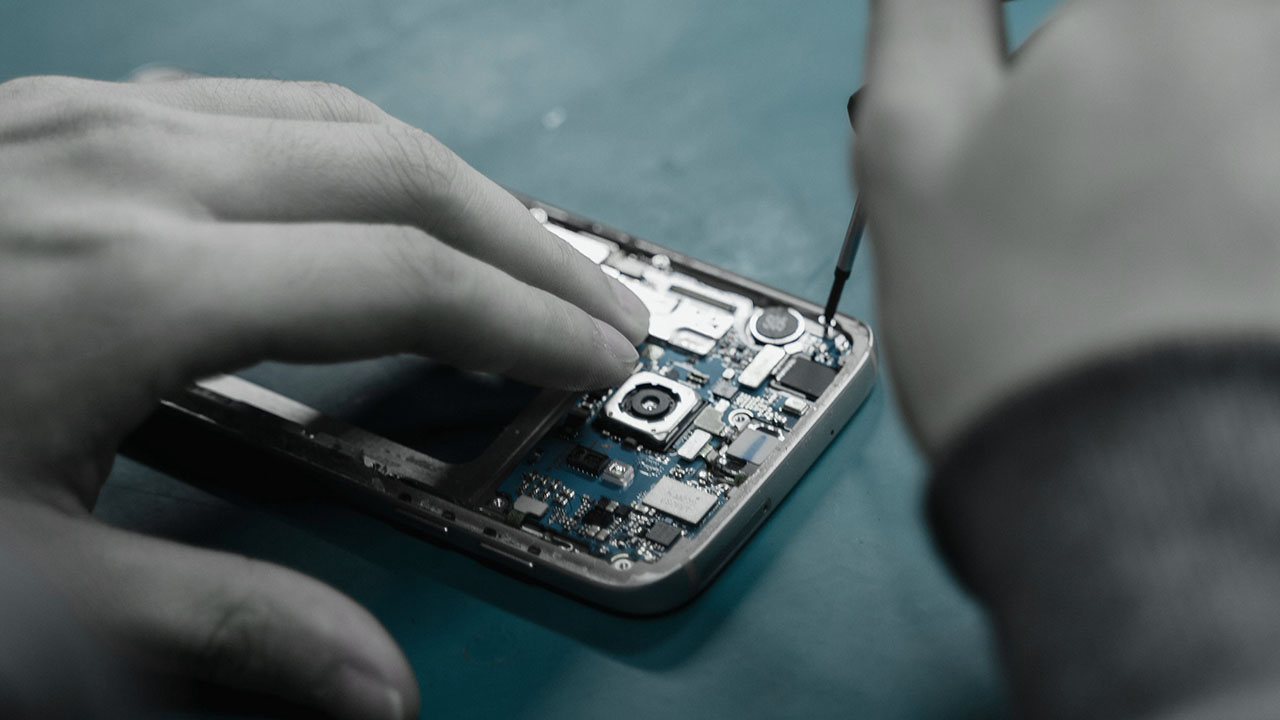In today’s digital age, mobile phones are integral to our daily activities, but they are also prone to damage over time. Whether you’re facing hardware or software issues, having the right tools is crucial for effective phone repair. This guide will introduce you to the essential tools for mobile phone repair, suitable for both beginners and seasoned technicians.
Understanding the Basics of Phone Repair
Before attempting any repair, it’s important to diagnose the problem accurately. A mishandled repair can cause more harm than good, potentially leading to irreversible damage.
Essential Tools for Repairing Mobile Phones
1. Soldering Iron
This tool is indispensable for repairing minute components like power ICs, capacitors, and other chipset elements. A typical soldering iron should ideally be around 50 watts to efficiently handle most mobile repair tasks without overheating the components.
2. Soldering Station
A soldering station, which includes both a station and an iron, offers better temperature control and stability during the repair process. This is crucial for delicate tasks where precision is key.
3. PCB Holder
A PCB (Printed Circuit Board) holder is essential for securing the phone’s motherboard during repairs. This tool prevents movement, reducing the risk of damage to small, sensitive components during soldering or examination.
4. Multimeter
A multimeter is versatile enough to diagnose various electrical issues. It’s particularly useful for checking the continuity of phone components and identifying electrical faults that might not be visible to the naked eye.
5. Antistatic Mat
Using an antistatic mat helps protect both the technician and the device from static electricity, which can damage electronic components. Some mats also feature magnetic sections to hold screws and small parts, preventing loss during disassembly.
6. Magnifying Lamp or Microscope
Given the small size of phone components, a magnifying lamp or microscope is essential for identifying and repairing minute damage. These tools help technicians work with precision on densely packed circuit boards.
7. Precision Screwdriver Set
A precision screwdriver set is necessary for the disassembly and reassembly of mobile devices. These screwdrivers are designed to fit the unique screws used in mobile phones.
8. LCD and Battery Tester
These testers are crucial for diagnosing issues with the phone’s display and battery. An LCD tester can help determine whether screen issues are due to the display or underlying hardware, while a battery tester assesses the health and functionality of the phone’s battery.
9. Tweezers
Precision tweezers are used for manipulating small components within the phone. They are especially useful for positioning or removing parts from the circuit board during repairs.
10. Desk Lamp
Adequate lighting is essential for mobile phone repair, reducing eye strain and improving accuracy. A good desk lamp should provide clear, adjustable lighting to illuminate the work area without creating glare or shadows.
Considerations Before Repairing Your Own Phone
While having the right tools is half the battle, knowing how to use them effectively is equally important. If you’re new to phone repairs, consider practicing on older or less valuable devices before attempting to fix your primary phone. For complex issues, especially those involving the motherboard or integrated circuits, consulting a professional repair technician might be safer and more cost-effective.
Repairing mobile phones requires not only skill and patience but also the right set of tools. From basic screwdrivers to sophisticated testing equipment, each tool plays a pivotal role in the repair process. Whether you’re a hobbyist looking to fix your own devices or a professional aiming to enhance your toolkit, these essential items will help you perform repairs efficiently and safely.
Remember, if the repair feels out of your depth, it’s always best to consult with or hand over the task to a professional. This ensures your device’s longevity and functionality, keeping it running smoothly for longer.
Subscribe to our Newsletter
Stay updated with the latest trends in African technology!































